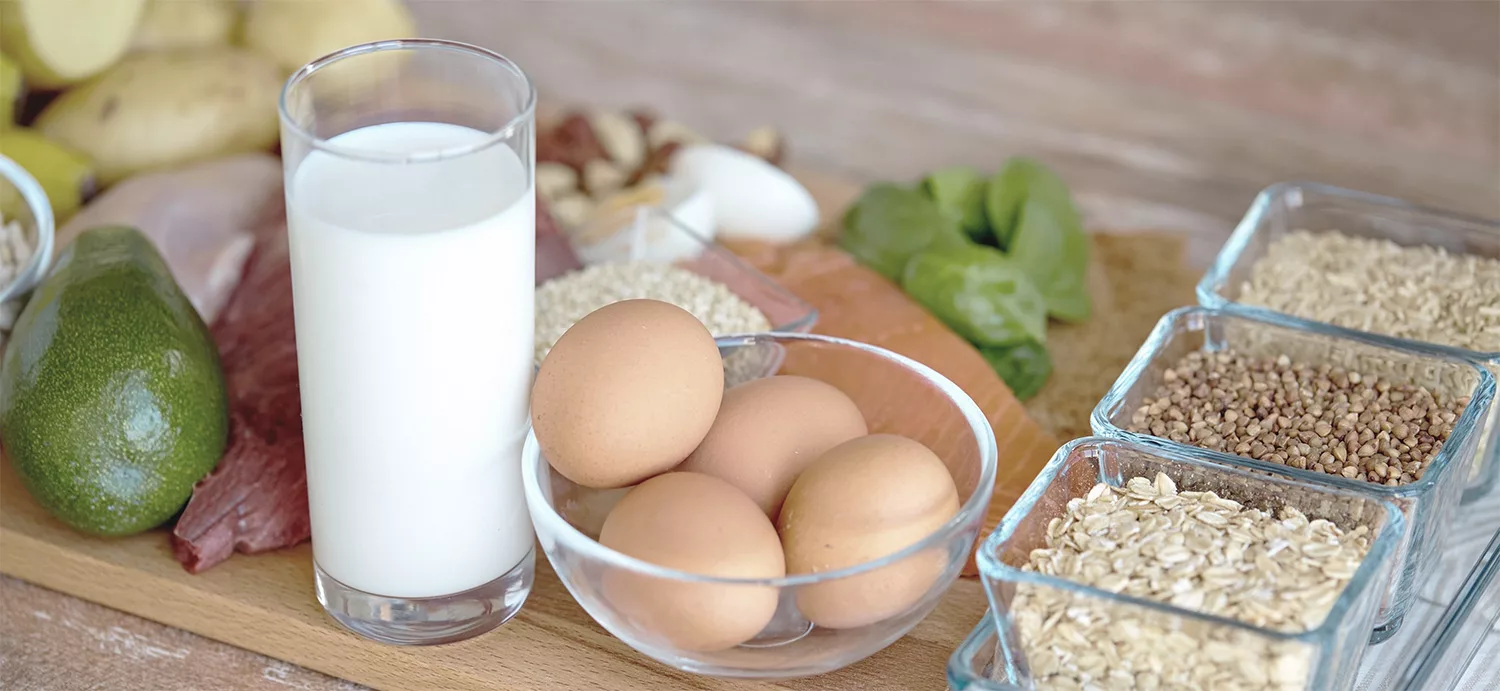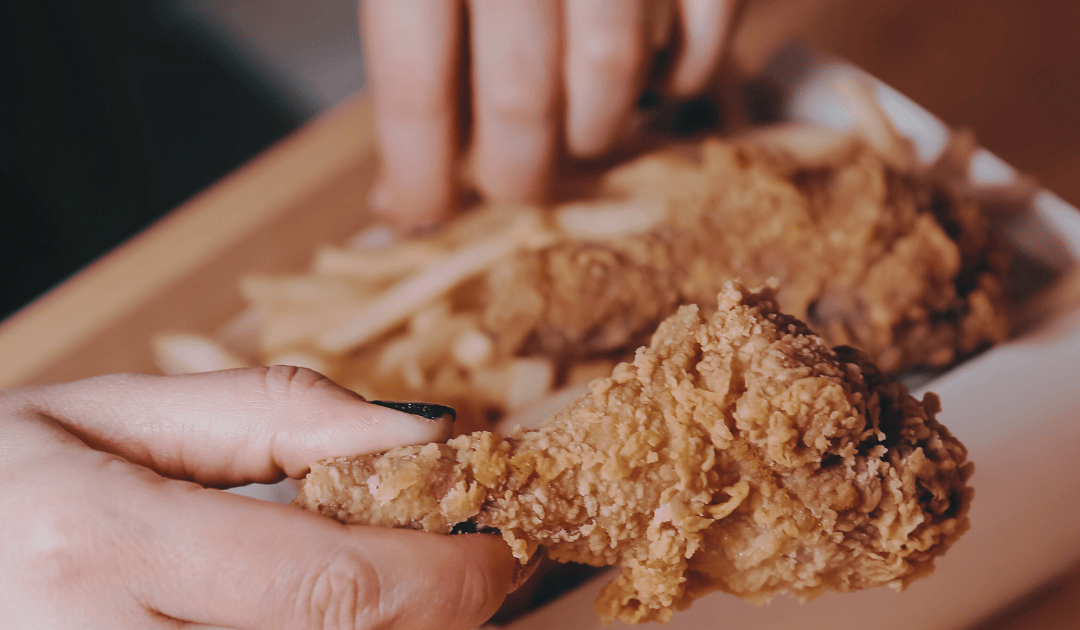Have you ever felt overwhelmed by the endless stream of diet advice out there? It can be tough to know what to believe, and it’s easy to make mistakes that can sabotage your weight loss goals.
Don’t worry, though. You’re not alone. Many people make common diet mistakes without even realising it. In this article, we’ll reveal some of the most common diet pitfalls and show you how to avoid them.
So, without further ado, let’s dive in!
1. Cutting out entire food groups
The idea that certain food groups are entirely “bad” is a myth. Each food group plays an important role in our health. Cutting out entire food groups can lead to nutrient deficiencies and serious health problems.
Instead of eliminating food groups, focus on making healthier choices within each group. For example, choose whole grains over refined grains, lean meats over processed meats, and water or unsweetened tea over sugary drinks.
2. Skipping meals
Many people believe that skipping meals, especially breakfast, will help them lose weight. However, this is a common misconception. Skipping meals can actually lead to overeating later in the day.
Regular and balanced meals are key to maintaining a healthy metabolism and preventing overeating. Aim to eat three meals and two snacks per day. Make sure to include a variety of foods from all food groups in your diet to ensure that you are getting all of the nutrients that your body needs.
3. Not drinking enough water
Water is essential for good health and weight loss. It helps to regulate our body temperature, transport nutrients, and remove waste products. When we don’t drink enough water, we can become dehydrated, which can lead to fatigue, headaches, and constipation. Dehydration can also slow down our metabolism, making it harder to lose weight.
Aim to drink eight glasses of water per day, more if you exercise regularly or live in a hot climate.
4. Over relying on “diet” foods
Just because a food is labeled as “diet” or “low-fat” doesn’t mean it’s healthier. In fact, many diet foods are loaded with added sugar and artificial sweeteners to make up for the lack of fat. This can lead to weight gain and other health problems.
When choosing foods, it’s important to read the label carefully. Look for foods that are low in added sugar and artificial sweeteners, and high in fibre and nutrients.
5. Not paying attention to your portion
Even healthy foods can contribute to weight gain if eaten in large quantities, and that’s why it’s important to understand what a serving size looks like and to practice portion control. Portion control is the act of eating the right amount of food for your needs, and it’s not about depriving yourself or restricting your diet. It’s about being mindful of what you’re eating and making sure you’re not overeating.
6. Eating too fast
In our fast-paced society, it’s easy to forget to slow down and savor our meals. But eating too quickly can lead to overeating.
When we eat too quickly, our brains don’t have enough time to register the feeling of fullness. This can cause us to eat more food than we actually need. Over time, this can lead to weight gain and other health problems.
7. Neglecting protein
Protein is essential for building and repairing muscle tissue. When we work out, we break down our muscle fibres. Protein helps to repair and strengthen these muscle fibres.
Aim to consume 0.8 grams of protein per kilogram of body weight each day. Good sources of protein include lean meats, poultry, fish, eggs, dairy products, and legumes.
8. Drinking your calories
Beverages like sodas, coffee drinks, and even smoothies can be loaded with sugars and calories. Drinking too many calories from beverages can lead to weight gain and other health problems.
To reduce the number of calories consumed from beverages, choose water, unsweetened tea, or coffee instead of sugary drinks. You can also make your own smoothies at home using fresh fruits and vegetables.
If you do choose to drink sugary beverages, limit your intake and be mindful of the serving size.
9. Not accounting for snacks
Snacking can be a healthy way to get extra nutrients and energy, but it’s important to choose healthy snacks and to be mindful of your intake.
If you’re trying to lose weight or improve your overall health, plan your snacks ahead of time and avoid mindless snacking.
10. Setting unrealistic goals
Perhaps the biggest mistake is setting unrealistic, unsustainable diet goals. This often leads to feelings of frustration and failure. Instead, aim for gradual, sustainable changes that can be maintained long-term. If your diet isn’t working, it could be because your goals are too ambitious or not tailored to your lifestyle.

The path to a healthier diet can be challenging, but it doesn’t have to be. By being aware of common mistakes and learning how to avoid them, you can make the journey easier. Remember, the goal is not perfection, but progress. So, don’t be too hard on yourself if you slip up occasionally. Just pick yourself up and keep going.







